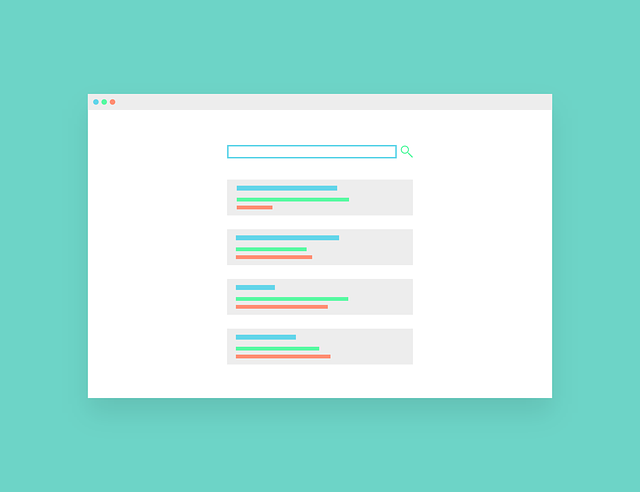Information about Google Glass is All by way of the place These days, and so are its critics.
Some cost it solely with style crimes. Others fear about invasion of privateness: when out on a date with a Glass wearer, you gained’t know In the event that theyre recording you — or Googling “seduction ideas,” for that matter.
Nonetheless, most agree that a smarttelephone-linked current and digital camera positioned Inside the nook of your imaginative and prescient is intriguing and probably revolutionary — and like us, They Want to try it. However Glass might inadvertvertently disrupt An important cognitive performance, with probably dangerous penalties.
In an impromptu TED converse and interview in March, Sergey Brin, Definitely one of Google’s founders, described a motivation for The mannequin new product. “We questioned whether or not Youd like to be strolling round wanting down” at a smarttelephone, he said. Insteadvert, The agency’s designers requested, “Can we make one factor that frees your palms” and “frees your eyes”?
Google isn’t The one agency promoting a know-how that makes it simpler To make the most of your telephone Everytime you do completely different factors. Final month Chevrolet launched a enterprise touting “eyes-free and palms-free integration” with the iPhone’s Siri interface, displaying A woman checking her textual content material messages using voice instructions the placeas she drives in circles.
To their credit rating, Google’s designers have acknowledged the distraction Launched on by grabbing somebody’s consideration with a sudden seen change. Mr. Brin defined That tumbler doesn’t flash an alert in its clients’ seen area when A mannequin new textual content material message arrives. Insteadvert, it performs a sound and requires them to look As a lot as activate the current.
The “eyes-free” objective advertdresses an apparent limitation of the human mind: We will’t look amethod from the place we’re headverting for Numerous seconds with out dropping our bearings. And time spent Taking A look at a celltelephone is time spent oblivious to the world, as proven Inside the viral movies of distracted telephone clients who stumble into buying-mall fountains.
Most people intuitively grasp the “two-second rule.” When driving, For event, we look solely briefly On the radvertio or speedometer. However some distractions overwhelm this instinct.
Researchers On the Virginia Tech Transportation Institute outfitted automobiles and vans with digital cameras and sensors To watch exact-world driving conduct. When drivers have been talking, they tended to look amethod for as a lot as 4.6 seconds by way ofout a 6-second interval. In influence, people lose monitor of time when textual content materialing, leadverting them To take a Take A look On their telephones far longer than they know they ought to. Two-method communication Is notably partaking, and time flies As quickly as Were studying and typing.
Headverts-up reveals like Google Glass, and voice interfaces like Siri, Appear to be best options, letting you concurrently work together Collectively with your smarttelephone the placeas staying alert to your environment. In case your gaze stays directed On the world, then presumably if one factor important occurs in your Field of regard, It is going To grab your …….
